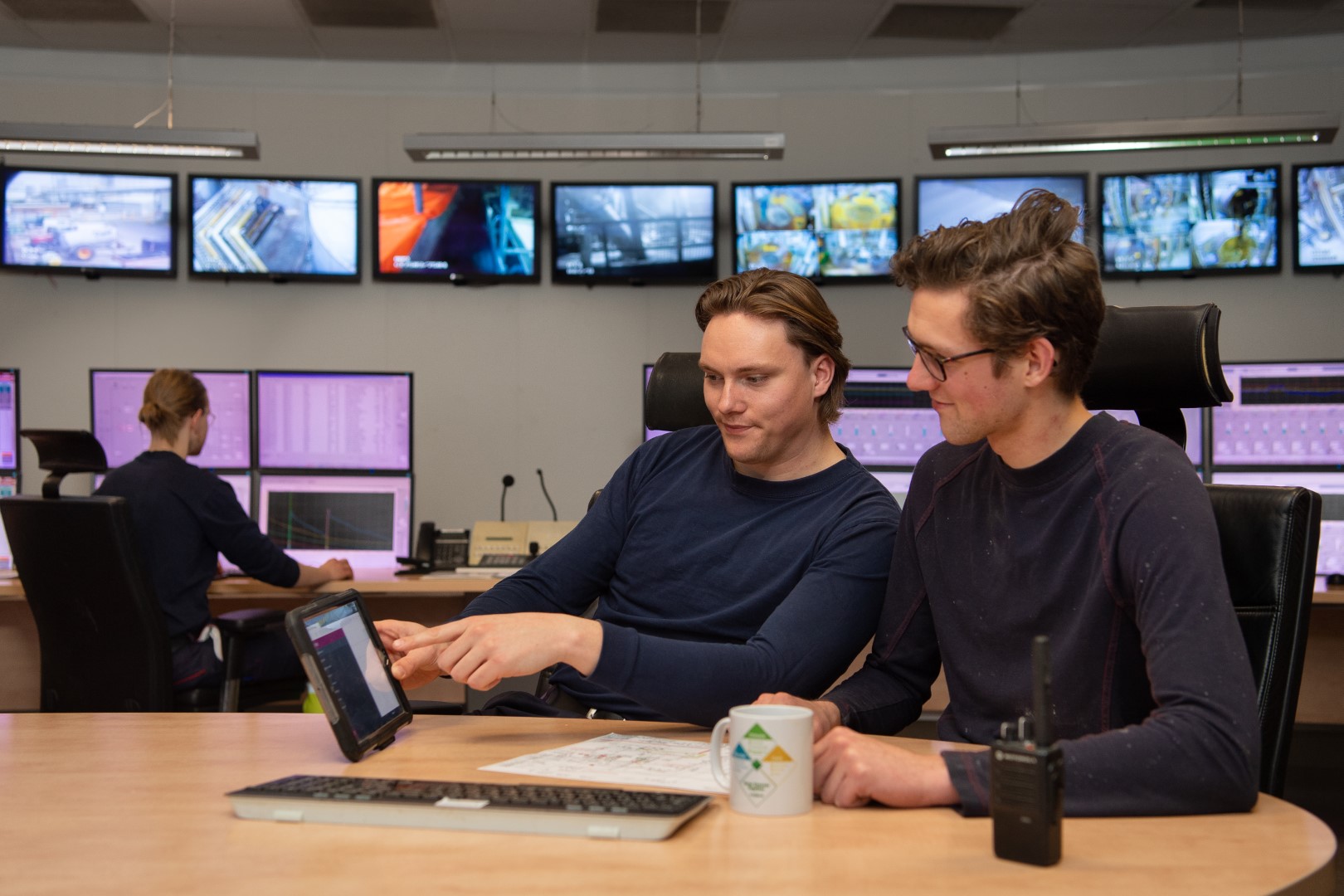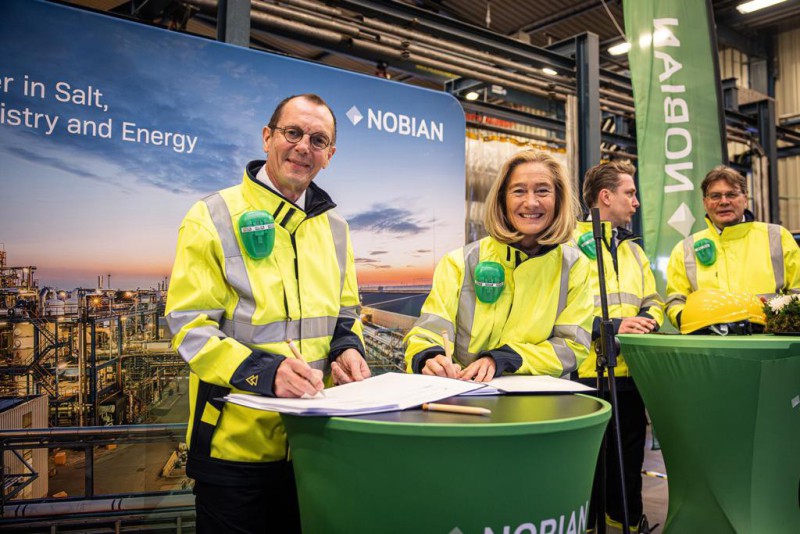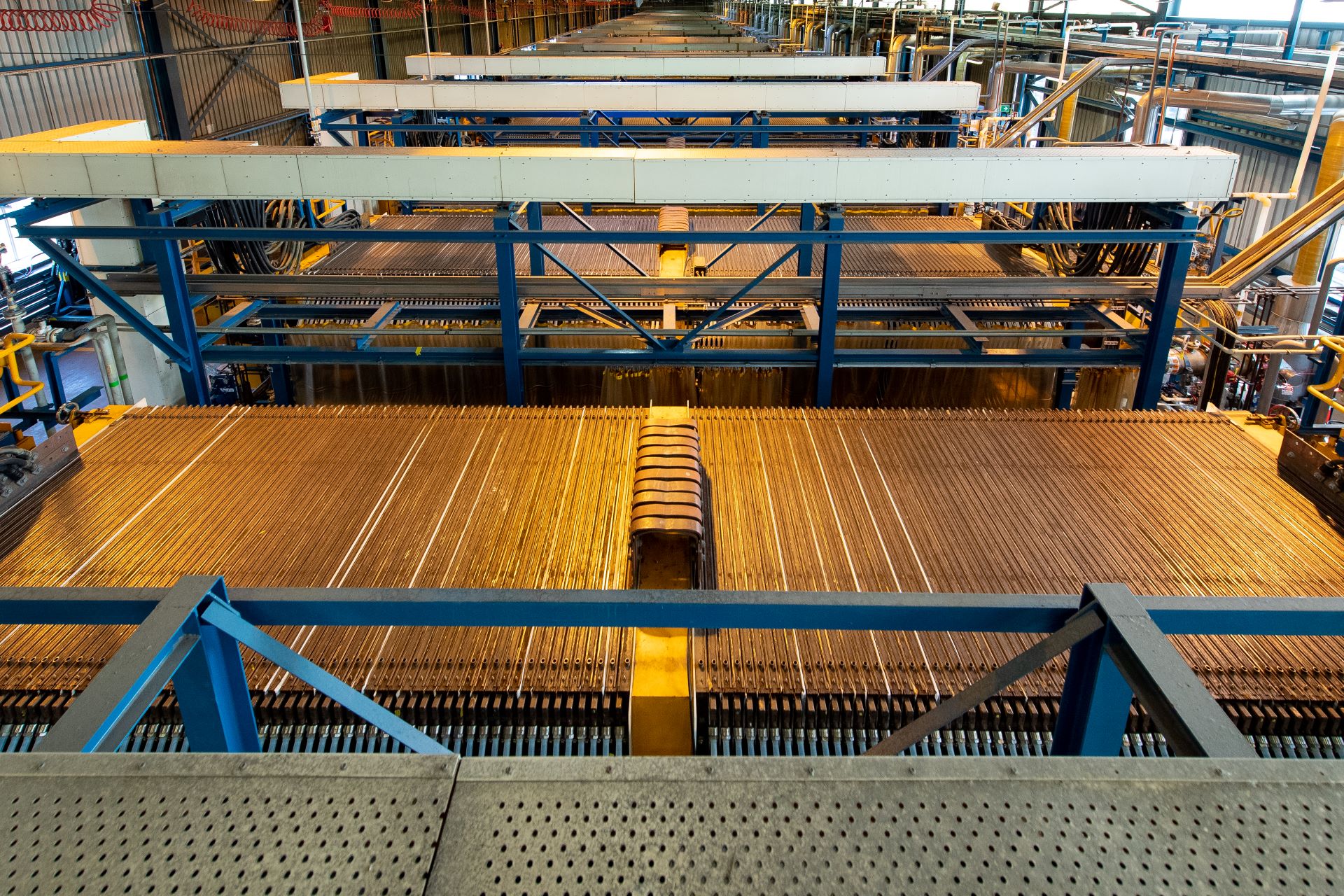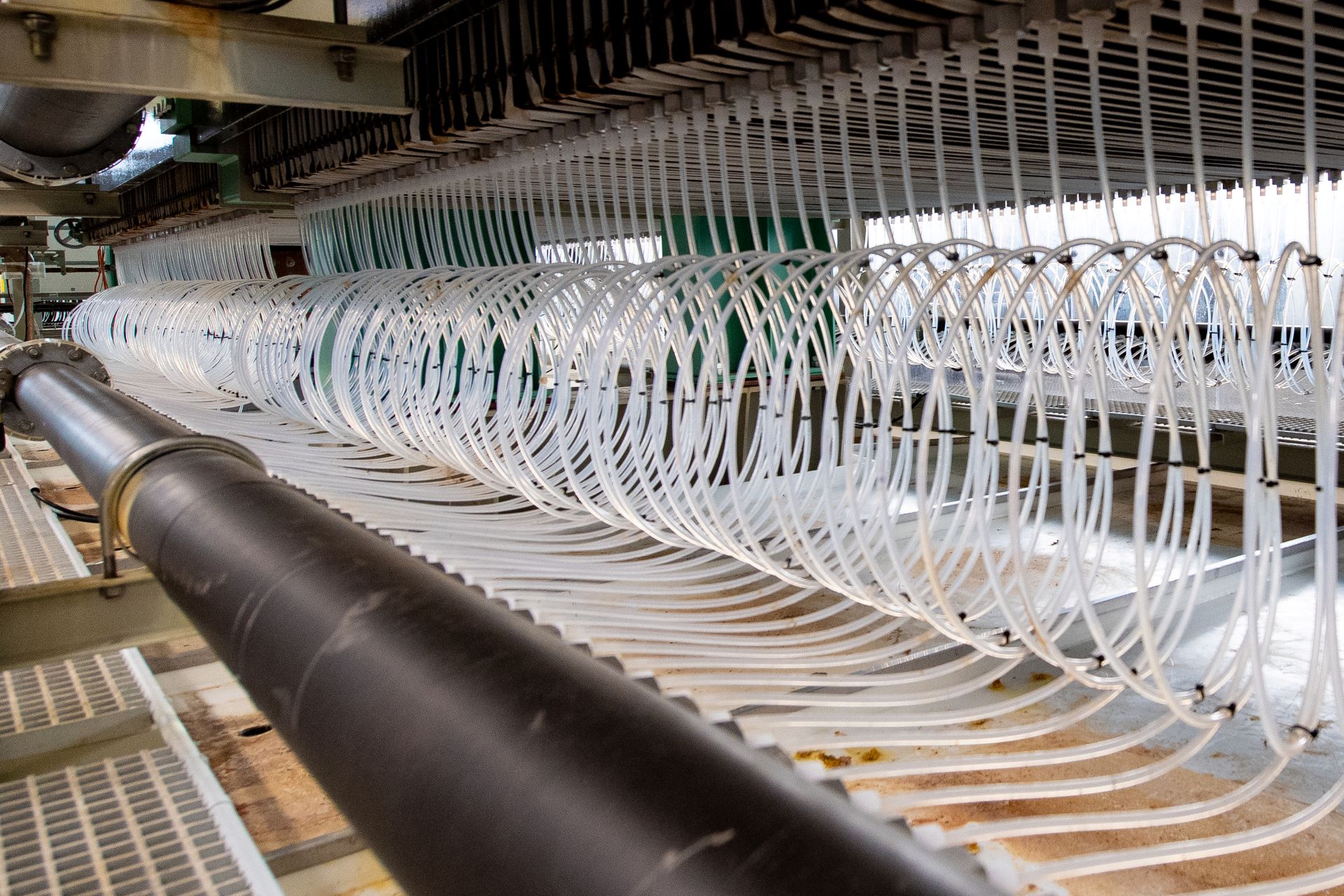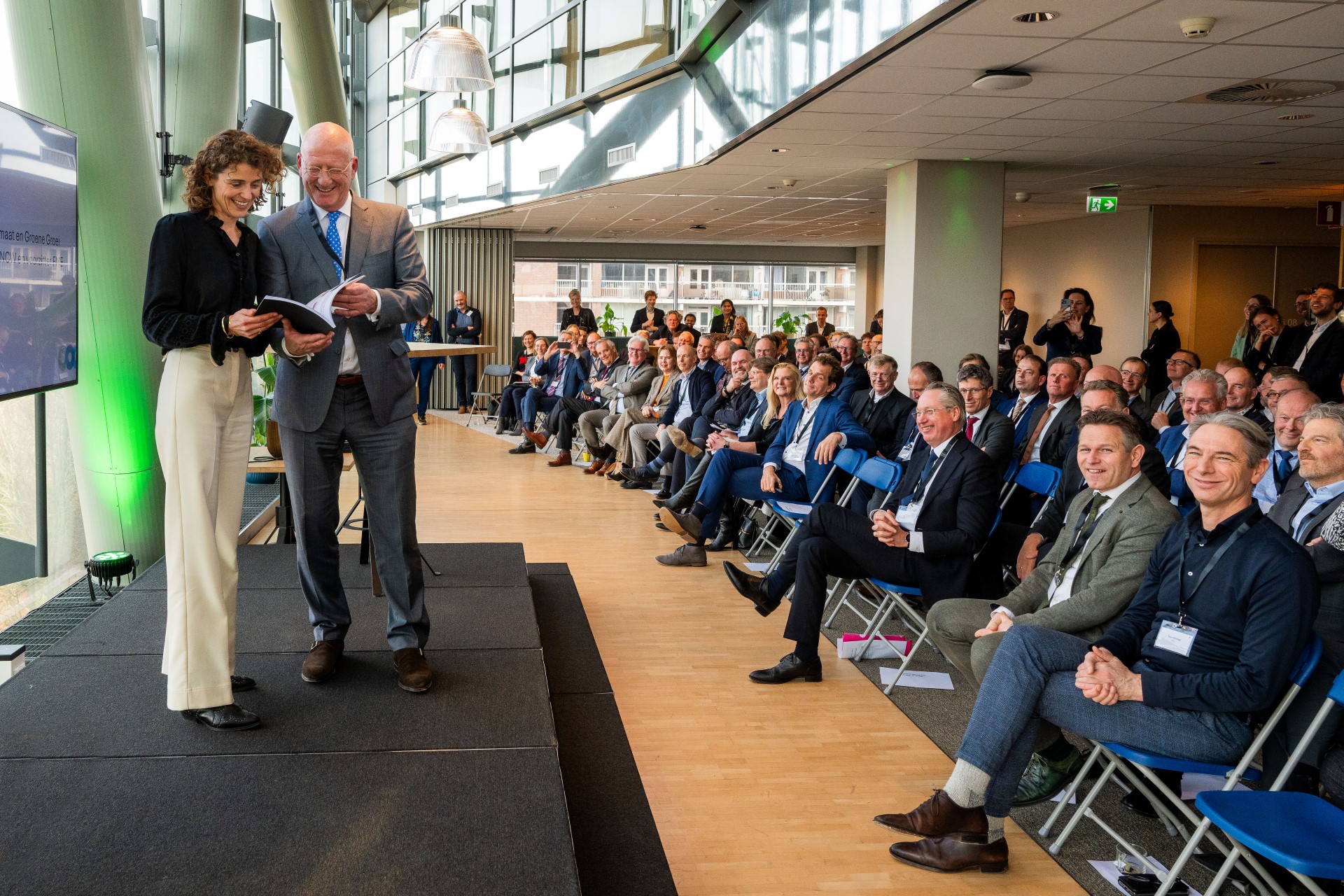Nobian first to sign Joint Letter of Intent with Dutch Government to accelerate CO₂ reduction
21 November 2023
Nobian today reached an important milestone in reducing its CO₂ emissions faster by signing a Joint Letter of Intent with the Dutch Government. This is the first time the government has entered into such an agreement (Joint Letter of Intent) under the tailor-made approach (maatwerkafspraken).
In this agreement, the government, the provinces and Nobian set out the concrete details of the sustainability plans that have already been drawn up. The tailor made agreements allow the largest industrial emitters to reduce their CO₂ emissions more quickly and in addition to the Dutch Climate Agreement.
Nobian produces and processes salt for essential everyday products such as textiles, pharmaceuticals and disinfectants. But also for products that are important for the energy transition, such as insulation materials, batteries, electric cars, wind turbines and solar panels. Nobian aims to become and remain one of the most sustainable chemical companies in the EU.
Accelerating climate targets
The outgoing cabinet and Nobian signed an Expression of Principles at the end of last year, which included the sustainability plans. These plans will allow Nobian to accelerate its climate targets by 10 years, meaning that the company will be almost CO₂-neutral by 2030. This represents a reduction of more than 0.5 Mt CO₂ per year, the vast majority of which is additional to the commitments made in the Dutch Climate Agreement. Furthermore, Nobian will almost completely eliminate its nitrogen emissions.
Michael Koenig, CEO of Nobian: "Nobian is an indispensable link at the beginning of many important industrial production chains for essential basic and semi-finished products in the Netherlands. With these agreements, we want to accelerate our ambition towards sustainable salt extraction and subsequent industrial and chemical production by ten years. This is in line with our sustainability agenda and our goal to become carbon neutral. In addition, our customers are increasingly demanding more sustainable raw materials in order to produce more sustainably themselves.”
Significant reductions in CO₂, gas consumption and nitrogen emissions
In addition to the CO₂ reduction, the major projects Nobian plans to implement as part of the agreement will also result in significant reductions in nitrogen emissions and gas consumption. Nobian's annual nitrogen emissions are expected to be close to zero by 2030. The gas reduction corresponds to more than 1% of the total gas consumption in the Netherlands, equivalent to the consumption of approximately 250,000 households, which is similar to the city of The Hague. By saving energy, Nobian will also free up capacity on the Rotterdam power grid (equivalent to the electricity consumption of 50,000 households) and enable more flexible use of electricity, helping to balance the grid and reduce congestion. In addition, a project to develop underground energy storage, which is crucial for the energy transition, is part of the effort agreement.
Marco Waas, Nobian's Chief Technology and Sustainability Officer: "With the Effort Agreements, Nobian and the government are jointly committed to accelerating the sustainability of our production processes. In addition to reducing natural gas use and nitrogen emissions, there are other positive impacts such as enabling large-scale energy storage and more efficient freshwater use. With the Joint Letter of Intent, we are taking an important next step towards a more sustainable Dutch industry and strengthening the position and strategic independence of the Netherlands.”
Deployment
To accelerate these sustainability projects and make them (financially) feasible, Nobian requires financial support from the government in addition to its own investment. This is estimated to be between €190m and €290m. The exact investment amounts will be determined in the binding tailor-made agreements expected early next year and will depend, among other things, on material and energy prices. Together with the provinces and environmental authorities, we will also look at how to make the permitting process as efficient as possible. Finally, an inventory of the necessary energy infrastructure will be drawn up together with the network operators.
Positive advice
The independent advisory committee Maatwerkafspraken Verduurzaming Industrie has assessed whether the plans are ambitious and feasible, whether the project plans are financially and operationally sound and whether they can achieve the objectives set. The proposed projects were assessed positively and the recommendations for improvement have already been incorporated into the agreement signed today. In addition to EZK and I&W, the provinces of Groningen, Zuid-Holland and Overijssel were also involved. The advice was published together with the JLoI. The next step is to conclude the binding, tailor-made agreements.
